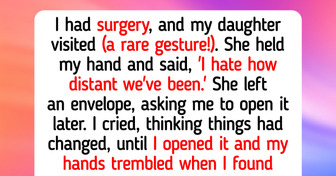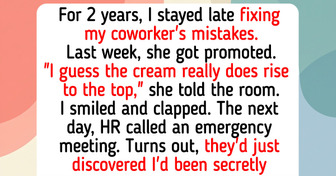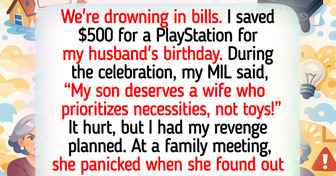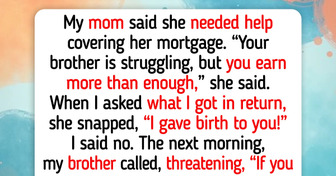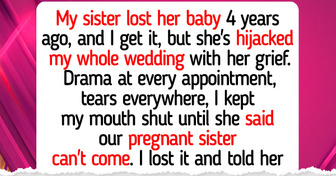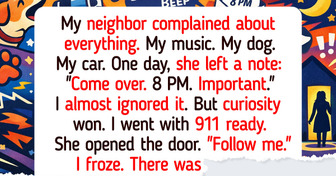My Boss Made Me Work After Surgery, but Karma Caught Up to Him

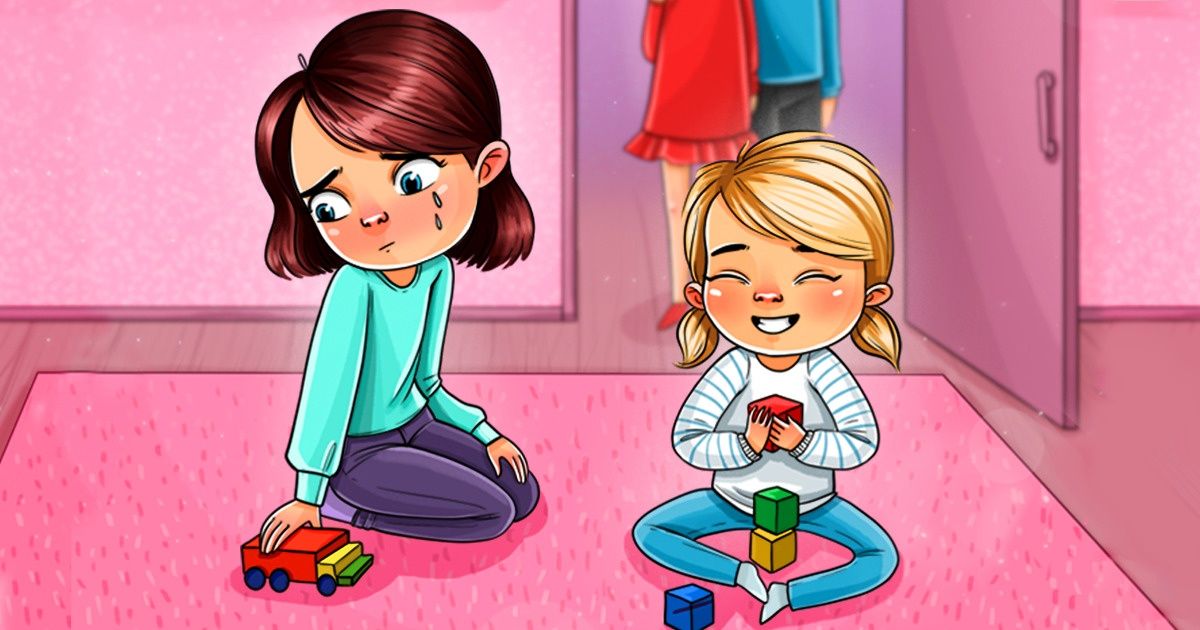
As adults, we often find our children’s behavior incomprehensible. It’s very difficult to draw a line between normal and abnormal behavior. So how do we know if our child needs therapy? These are some signs that should get the attention of any parent.
Today, we at Bright Side would like to help you understand if your little one needs the help of a therapist.
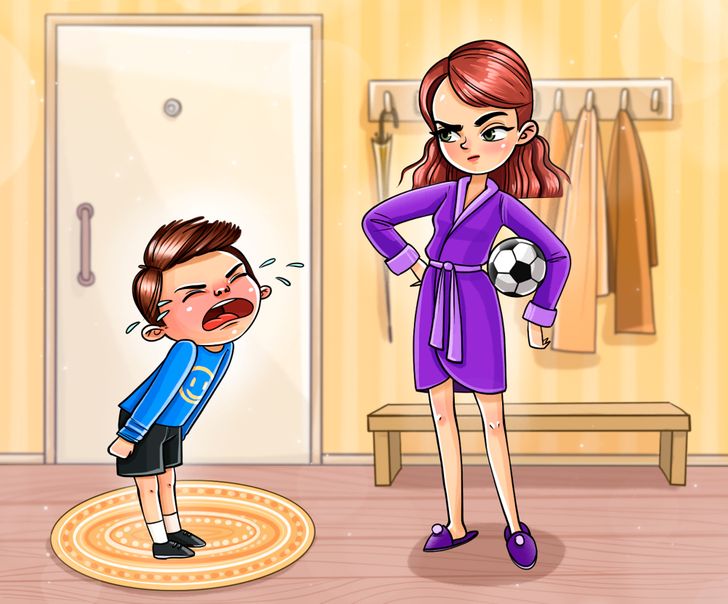
Disruptive behavior in children as young as 10 can be generated by unrecognized anxiety, says the Child Mind Institute of the US. Overreaction is a psychological response carried out by the child’s mind. It’s a way of expressing their hidden feelings: there is an internal discomfort that the child suffers from in situations that are threatening.
Their social discomfort leads them to lose control of many situations, resulting in disruptive behavior. A child psychologist can help them understand their reactions and realize that the environment they are in is in no way harmful to them.
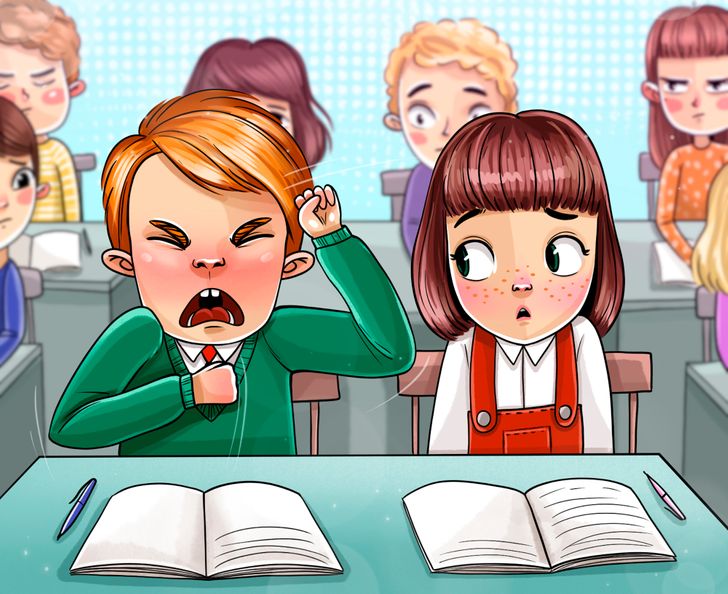
Children tend to be infatuated with certain issues. The parents of young children know that they have to deal with whining and kicking, but if anger is a behavior to which the child resorts excessively, you have to get to the bottom of it. Frequent anger can signal signs of anxiety, childhood anxiety, and even attention deficit hyperactivity disorder (ADHD). A therapist can easily identify the roots of your child’s anger and, with that, give more focused solutions for their particular case.
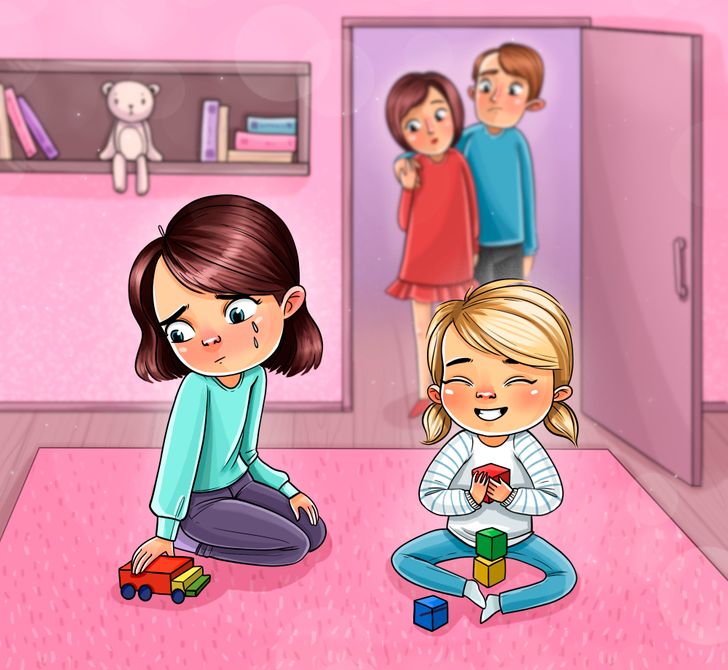
If a child tends to be sad over issues that we don’t know about or becomes nervous, we have to dig deeper to figure out the initial conflict. If possible, we should ask them why they are so sad. A child who finds no comfort with their parents or who fails to find peace in their own home, needs to visit a professional.
At young ages, children realize their parents are trying help and that tends to calm them down. The conflict appears at the moment when their concerns are persistent and if they revolve around obsessions. This could be an obsessive compulsive disorder (OCD), which causes children to experience unnecessary obsessions (fears) and compulsions (behaviors).
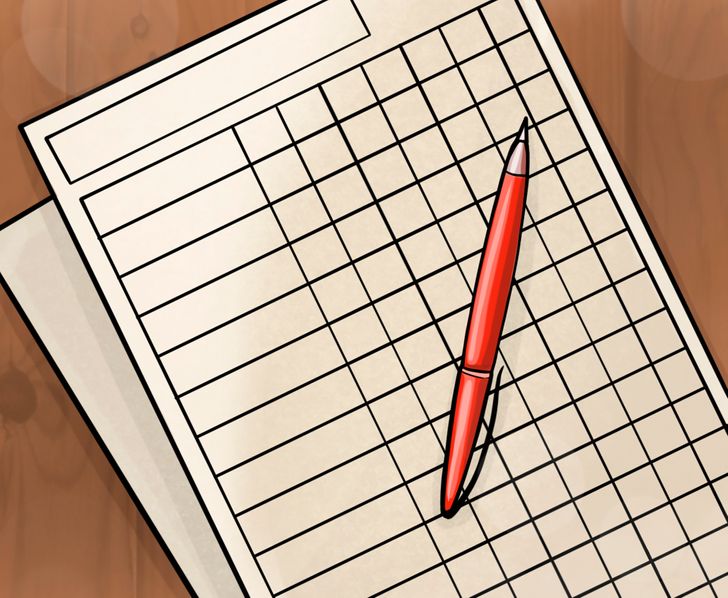
A sudden drop in grades can be a cause for concern. Grades tend to reflect children’s emotional stability, rather than their academic performance, especially when it comes to the little ones.
Sometimes it could be the consequences of bullying, but with a 5 or 6-year-old child, the case may be more personal. It’s better to consult the teacher in your class first and, from this, evaluate the possibility of visiting a psychologist.
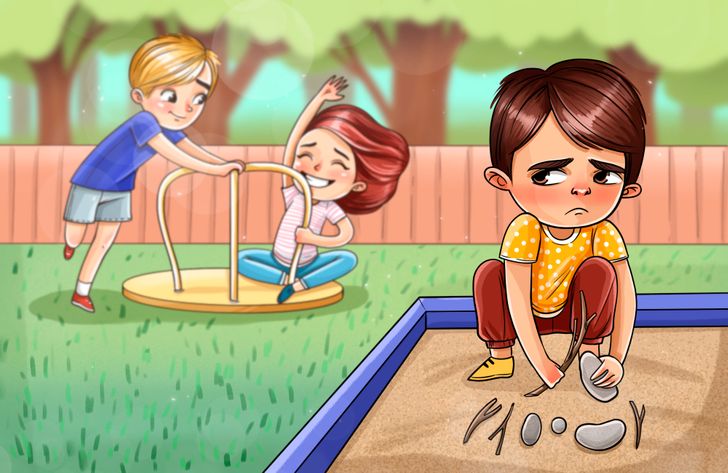
Every now and then, every child needs some alone time, in silence, without many people around. But to what extent is this activity becoming a preference for them? Children want to constantly socialize. When they start primary school, they can’t stop talking about their day, they want to get together with friends, or play all afternoon with their parents.
But, there are many other children who prefer to talk less or simply play alone at school. Asking the child’s teacher if they’ve noticed this peculiarity is the first step to take. These little signs may be opening a very common door for young people to social anxiety.
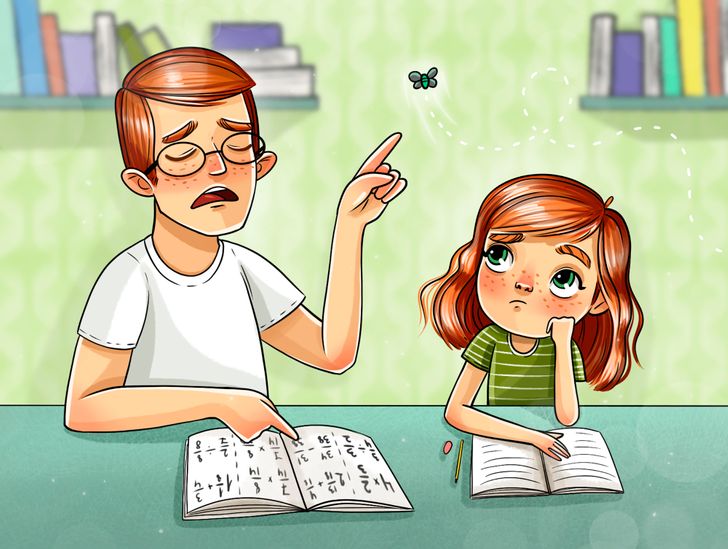
Many children tend to become daydreamers, but when all is said and done, they still manage to do their homework on time, and learn to write and speak correctly.
You should pay attention if their degree of concentration drops a lot, to the point that the child cannot sit still, gets distracted easily, or has a hard time studying. A therapist can figure out if it’s a case of dyslexia or ADHD in just a couple of sessions.
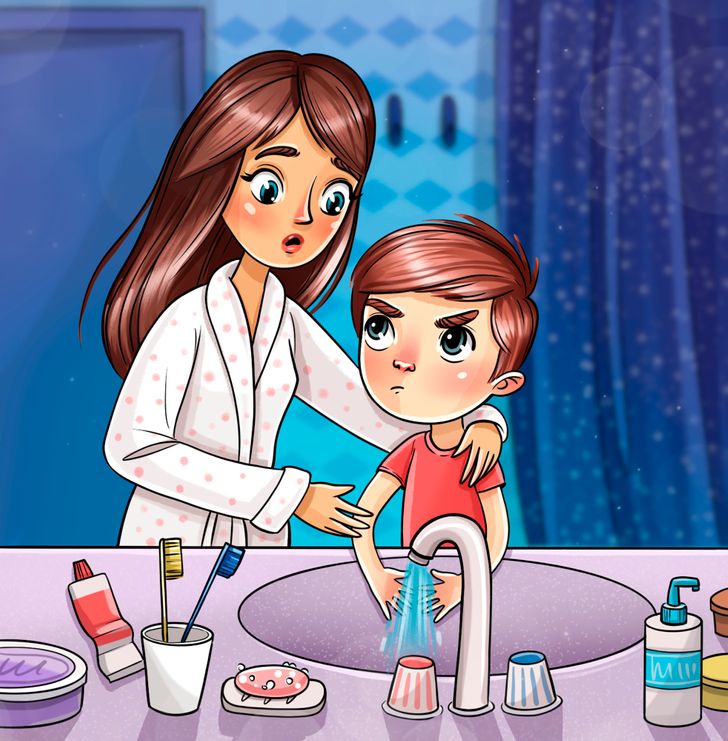
Obsessions and compulsions can be a normal part of a child’s development, unless they don’t go away and interfere with daily life. If you notice that your child had more severe obsessions and compulsions than their peers, you should be alarmed. This is one of the most common ways in which OCD syndrome is expressed. If this kind of obsession influences the child in such a way that it doesn’t allow them to carry out their daily tasks, it’s necessary to contact a therapist.
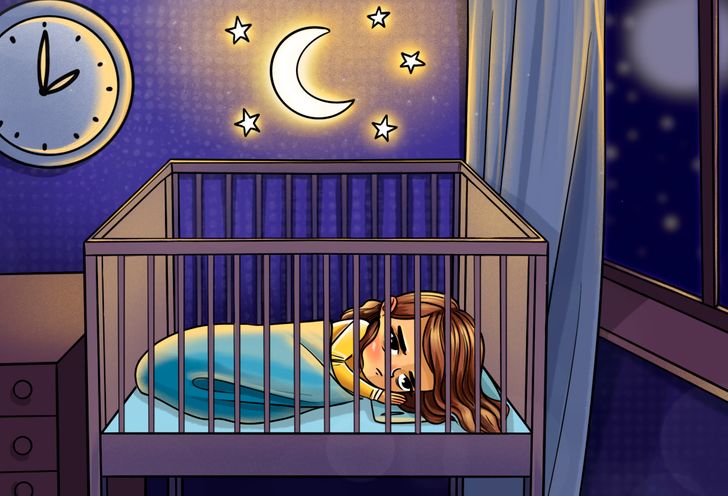
From the time they are babies, until they become more independent children, it is essential that, as parents, we help them establish healthy sleep habits. Having irregular bedtimes has been linked to behavioral problems.
The relationship between physical and emotional development and sleep quality is crucial. Not getting enough sleep in the early ages can affect the development of the brain and, with it, the daily activities of the child. If you had previously set sleep schedules at home and the child begins to have difficulty sleeping, has insomnia, or is constantly fatigued, it’s essential to pay a visit to a therapist.
Have you noticed any of these signs in your child? Do you know someone who may find this information useful? We would be glad to hear from you in the comments!





